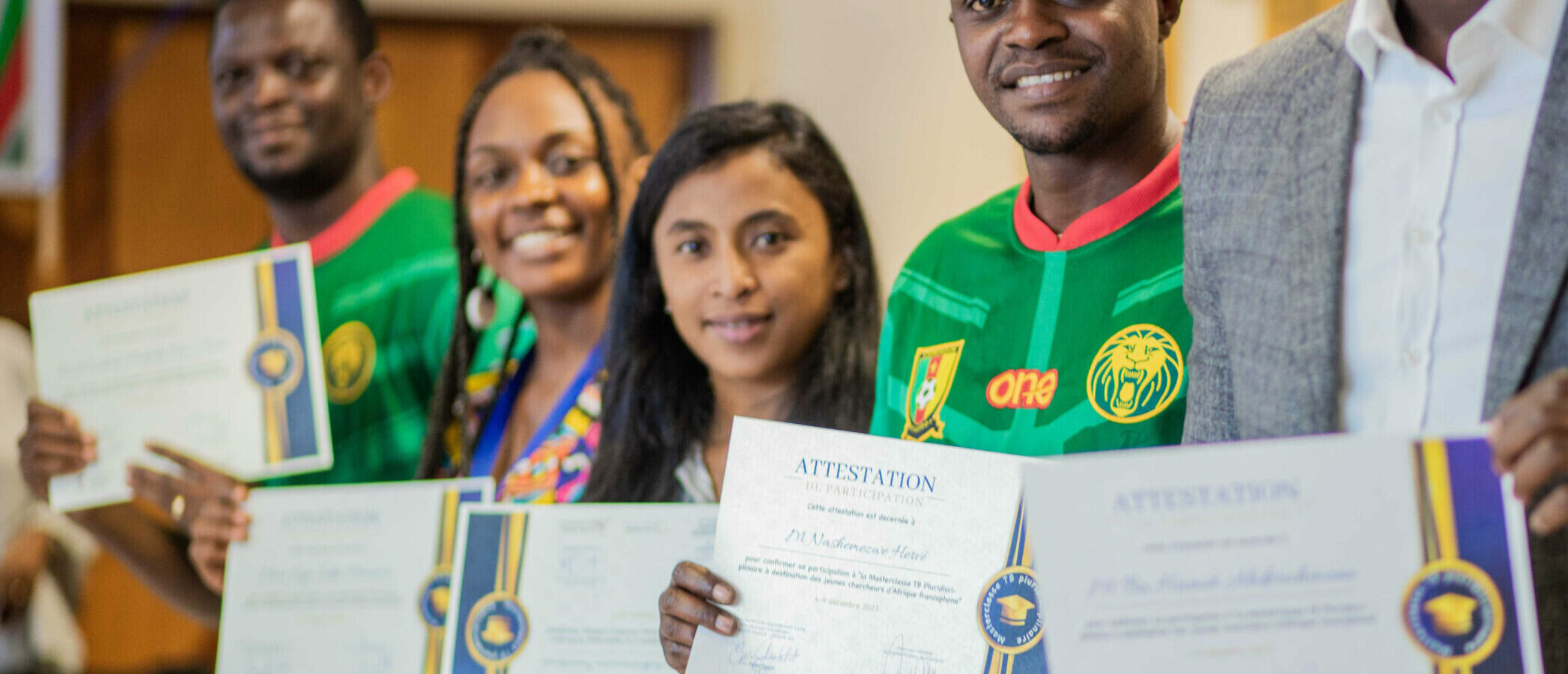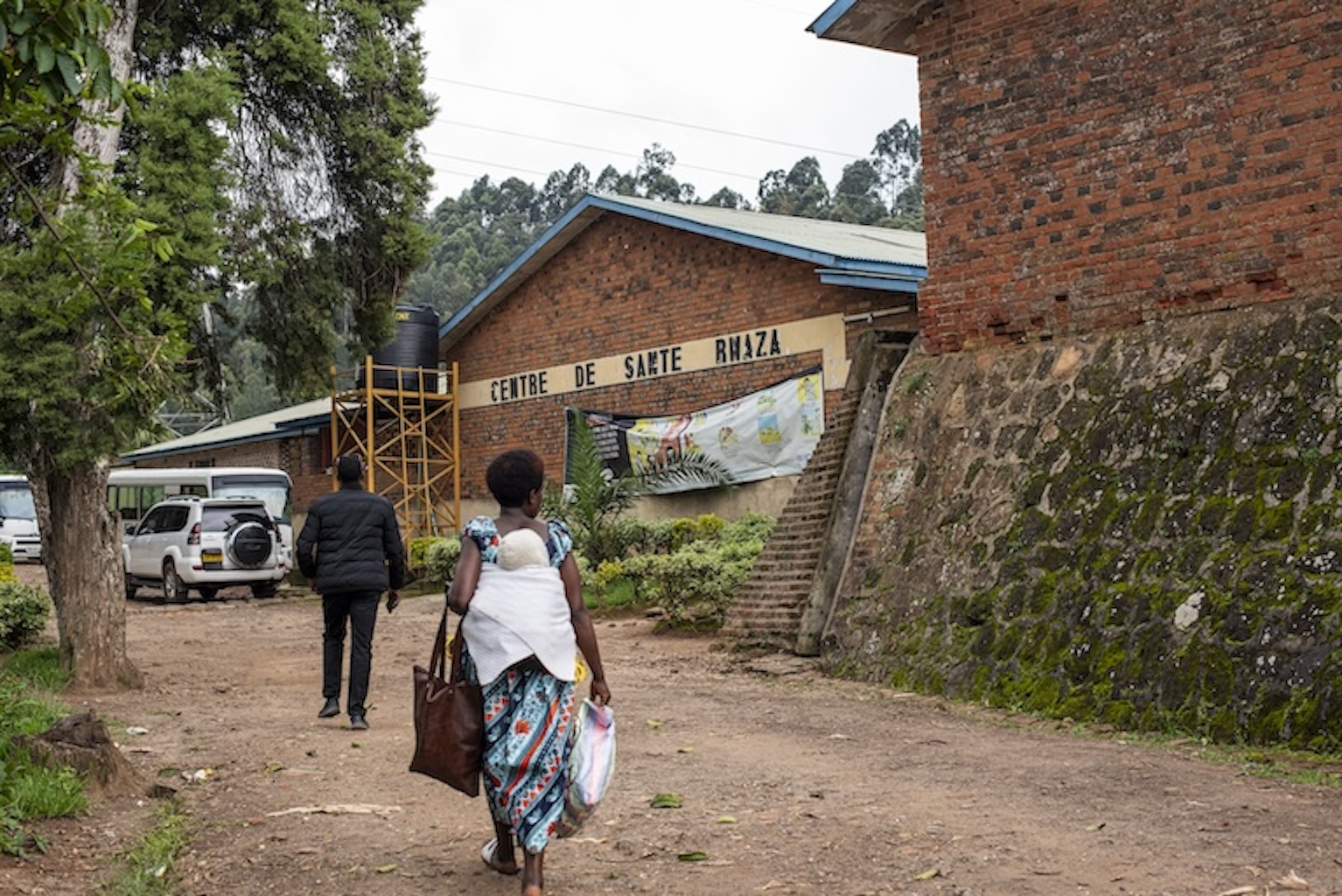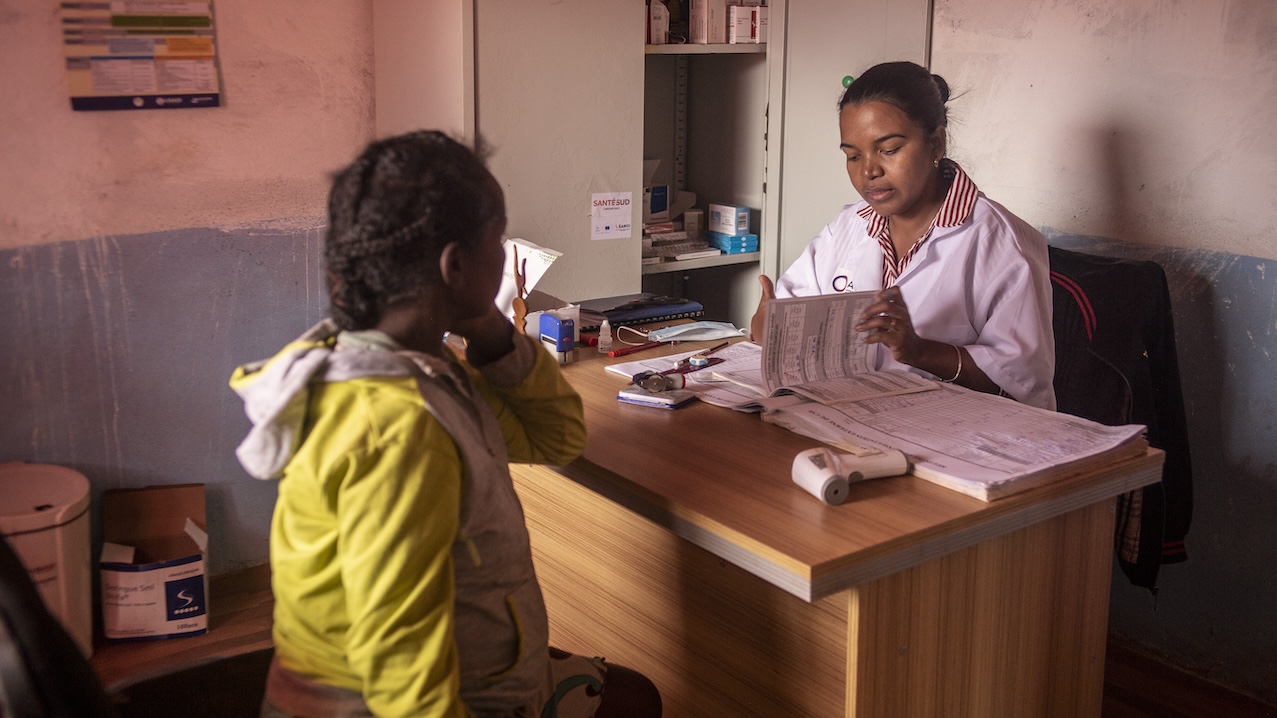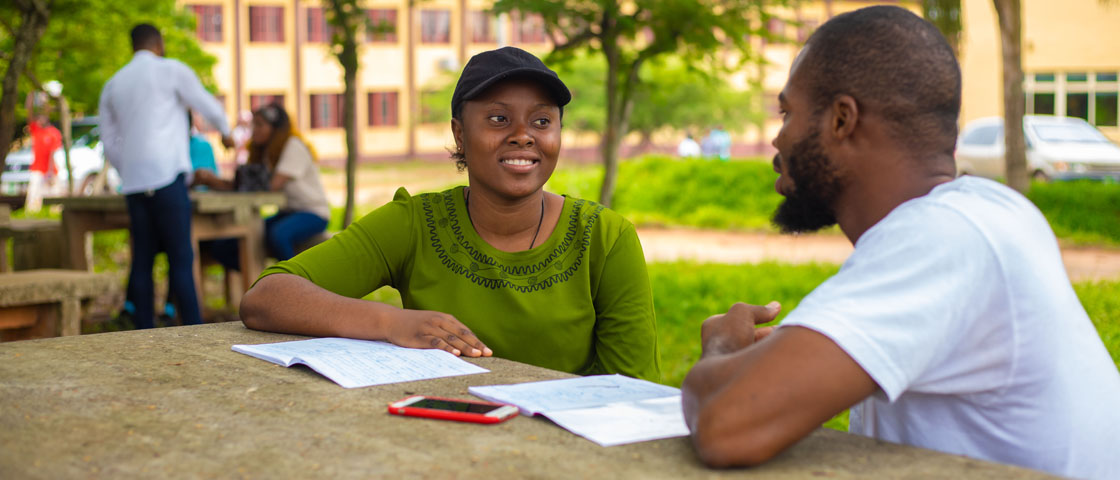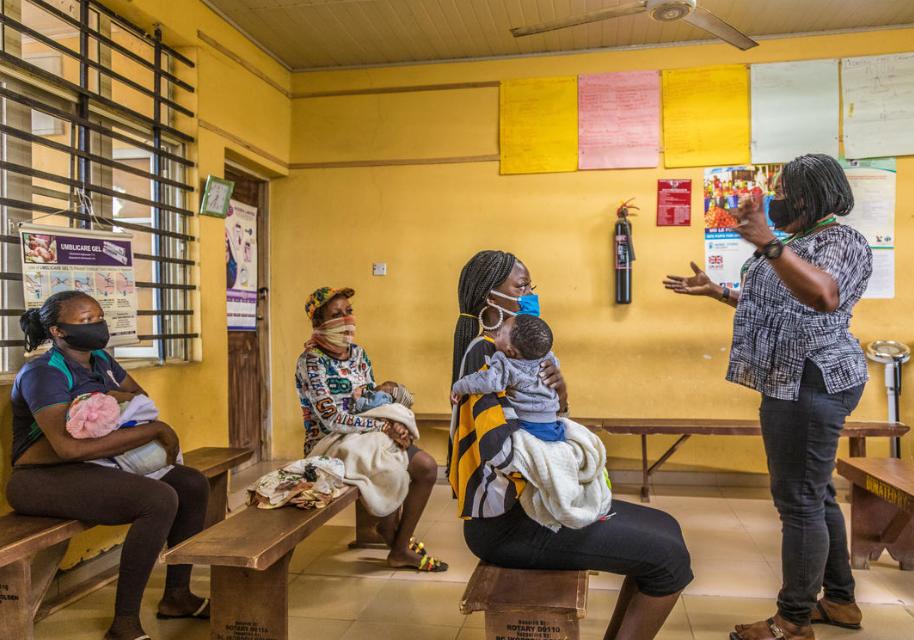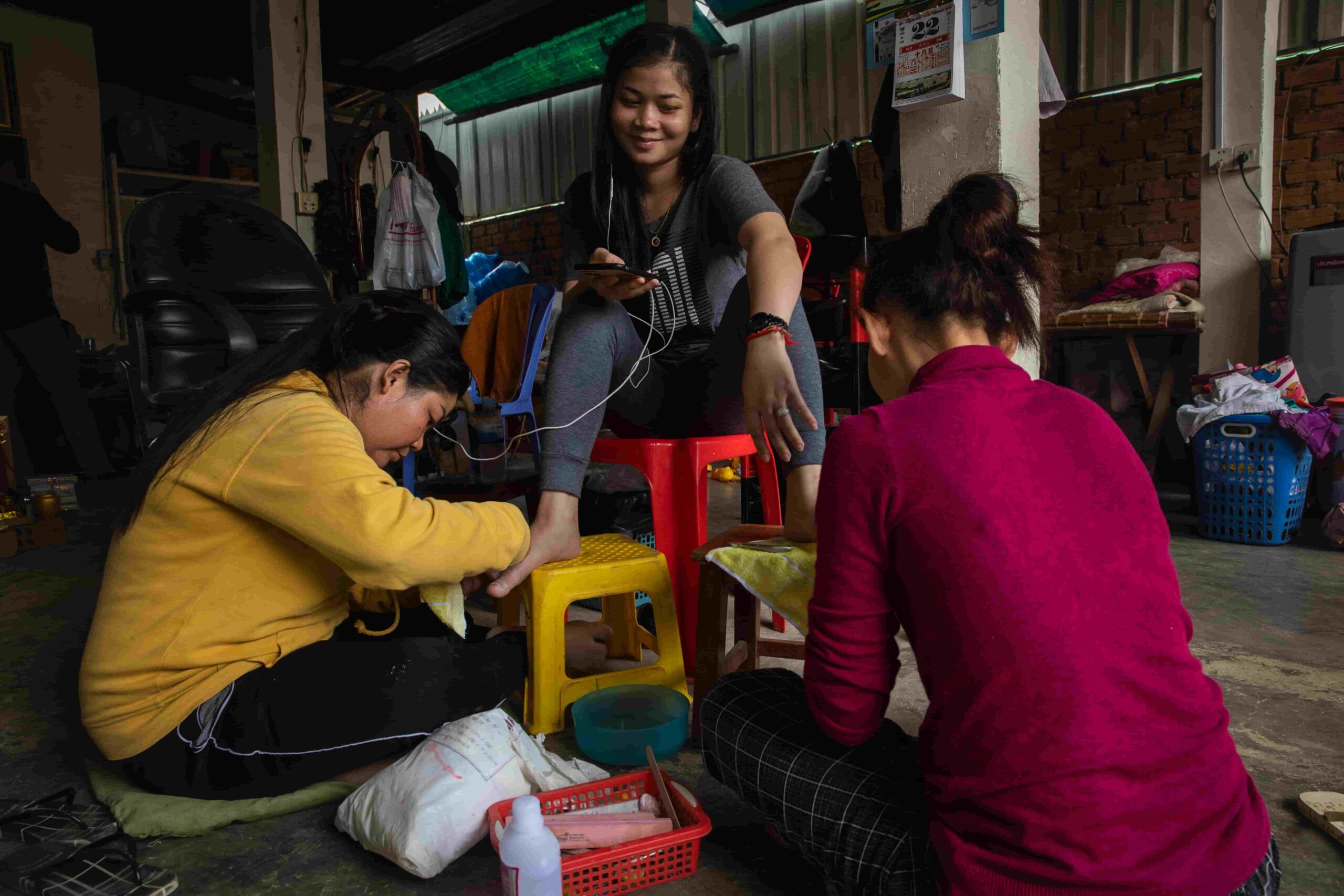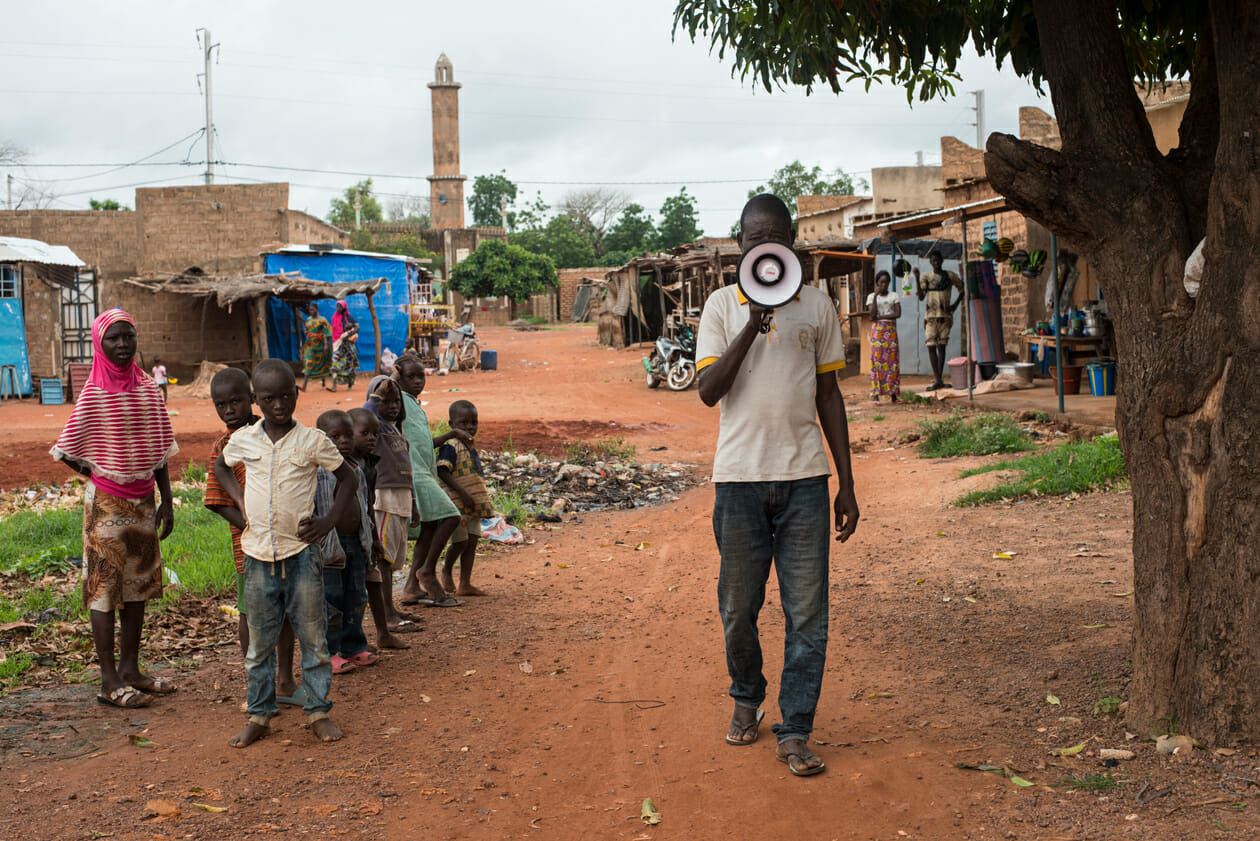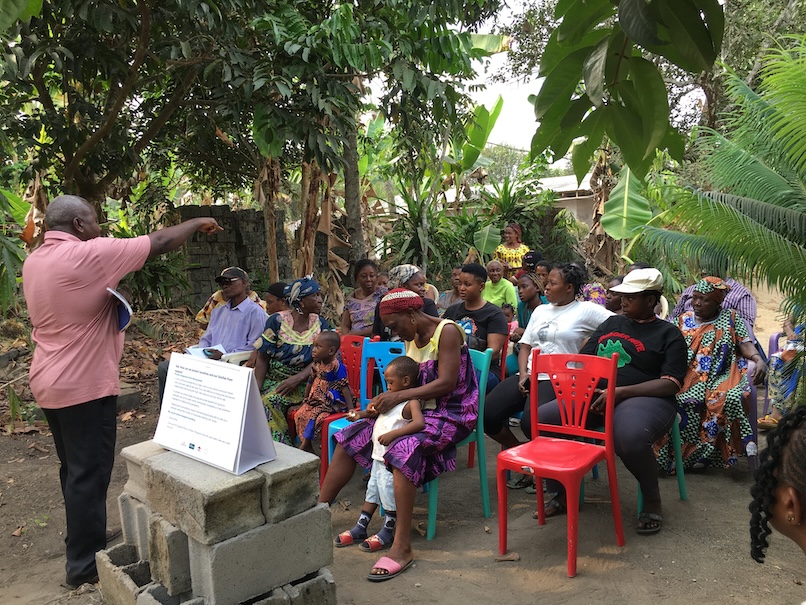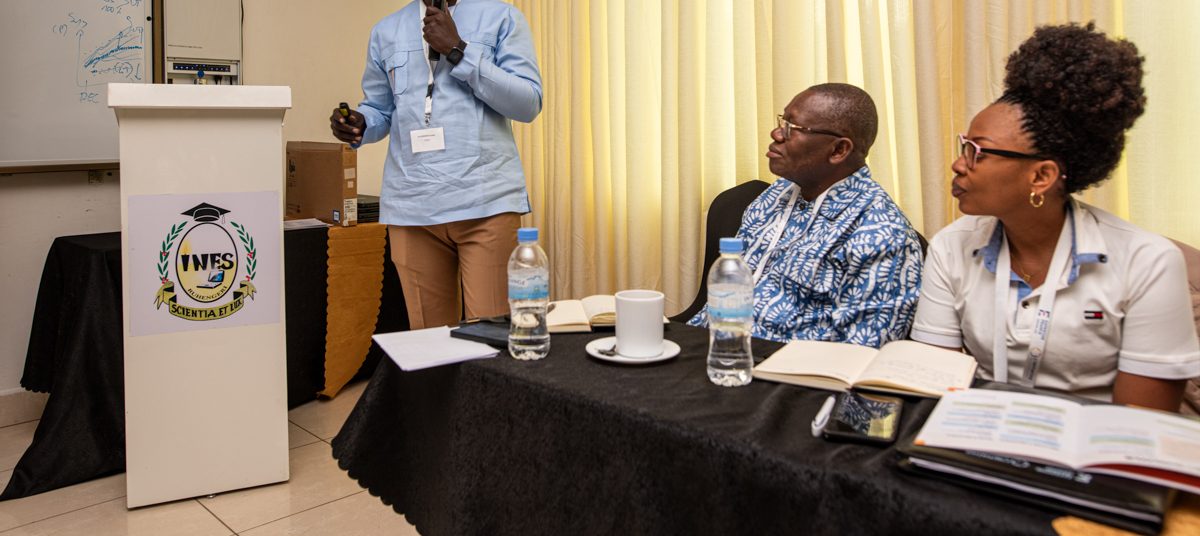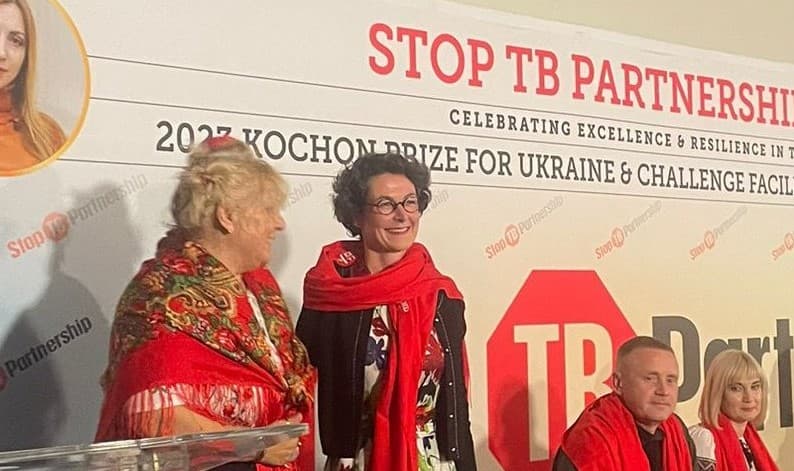TB Masterclass: “We launch the careers of young researchers, in a multidisciplinary approach”
Dr. Sara Eyangoh, a molecular microbiologist, has been a researcher and scientific director of the Pasteur Center in Cameroon since 2012. In December, she organized a tuberculosis masterclass to train young researchers from French-speaking Africa on the challenges of tuberculosis and thus strengthen human resources in health (HRH) in the region.
Why did you organize this first tuberculosis masterclass?
We created this masterclass to boost the training of the new generation of researchers in French-speaking Africa: we need them to contribute more effectively to the fight against tuberculosis, with a multidisciplinary approach. It is an intensive one-week training course that offers an overview of current scientific developments and research issues in the field of tuberculosis. It fills a gap in sub-Saharan Africa, that of training ranging from basic research to public health, including the social sciences.
What topics did you cover during this week of training?
Our sessions covered diagnosis, treatment and resistance, prevention, vaccines. We also invited anthropologists and health economists to speak. We also formed groups to support young researchers in setting up research projects that meet very operational objectives of tuberculosis control programs.
Who were the participants?
We received a large number of applications from 16 different countries for 30 open positions. We welcomed young doctors, PhD students, and master’s students in public health. Some are already working on research projects set up by their country’s national tuberculosis control program. We also welcomed veterinarians. Indeed, bovine tuberculosis is a zoonosis, i.e. a disease that can be transmitted to humans:
a One Health approach is therefore necessary to bring together all the skills and fight against all forms of the disease.
Are you planning any further editions in the future?
This first masterclass was a great experience. We hope to be able to organize another one in 2025, in the same multidisciplinary format, with the support of L’Initiative. This year, we also launched a call for projects reserved for masterclass participants: the aim was to ask each student to submit an operational research project that meets the needs of their country’s national program, by improving patient care. Our ambition is really to train a critical mass of young researchers in sub-Saharan Africa and help them start their careers.
What are your current research perspectives against tuberculosis?
In March 2024, we completed a project to improve the management of latent infections , supported by L’Initiative, which therefore targets people who are in contact with sick people, who are most likely to develop the disease. This is a major challenge in ending the tuberculosis epidemic. We sought to improve our screening method, using a cohort study in the entourage of sick people.
What are your concrete courses of action?
Operational projects must be set up to facilitate the treatment of the most vulnerable groups: those close to patients, people living with HIV, children under 5 years old. The WHO strategy recommends putting all these people on preventive treatment. Unfortunately, there are socio-demographic barriers to such objectives: family reluctance to put children who seem healthy on treatment or the shame associated with a disease that is not understood in certain communities.
We know that community workers are a strong link in the screening and treatment of tuberculosis. It is necessary to better train them, to value them and to help them find financial independence, so that they can continue their essential action.
Our action is therefore plural: fundamental research, to better understand how the disease spreads; operational research to understand the social, anthropological and economic barriers to our prevention and treatment approaches; the evaluation of new diagnostic tools; and the organization of treatments and prevention in the field. It is only through this global approach that we will succeed in eradicating tuberculosis..
